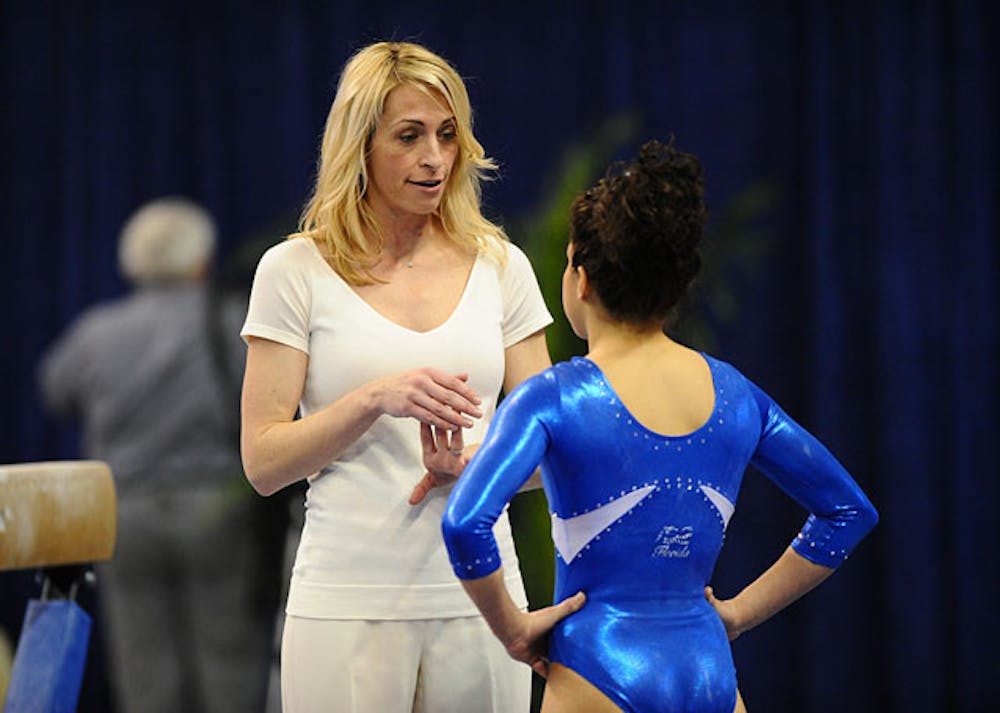The Super Six appeared to be dead, but the NCAA resurrected it.
Following a near-unanimous vote last summer at the college gymnastics coaches’ annual meetings, a motion was passed to do away with the Super Six format and reduce the number of teams in the finals to four.
But at this year’s meetings in Dallas in May, college gymnastics coaches voted to overturn that ruling in a unanimous vote.
The vote had to wait for approval from the NCAA Sports Management Cabinet, which convened in Indianapolis from June 15-16.
The cabinet approved of the coaches’ vote to re-institute the Super Six format.
“The cabinet agreed to rescind action taken … related to the championship format,” the NCAA’s recently released report stated. “It was noted that new information related to potential media coverage impacted the original recommendation.”
When the coaches originally voted to change the format, it was done with hopes of having the championships aired on live TV.
At the time of the original vote, Florida coach Rhonda Faehn was the only coach to vote against the proposed change.
“I wanted something in writing from CBS ... before voting to limit the opportunities for our student-athletes,” Faehn said.
After this year’s NCAA Men’s Basketball Tournament, the NCAA opted out of a multi-sport contract with CBS that left gymnastics high and dry while the NCAA cut a new 14-year, $11 billion deal with CBS to air all of the NCAA Men’s Basketball Tournament games.
As a result, college gymnastics has no contract to air its championship meets.
“When coaches found out that CBS had restructured their whole programming package and wouldn’t be televising us live, it shocked a lot of coaches and upset many of them,” Faehn said. “That wasn’t our goal … we want to have as much participation as possible if the TV wasn’t going to be there.”
At the May meeting, the coaches unanimously voted to overturn the initial vote in hopes of doing what they think is best for the future growth of college gymnastics.
“I don’t have a crystal ball,” Faehn said. “I wish I could say I know what’s best for the sport or what’s going to promote growth. ... I don’t necessarily think that one televised competition focusing in on four teams is going to help increase participation in our sport throughout this country.”






